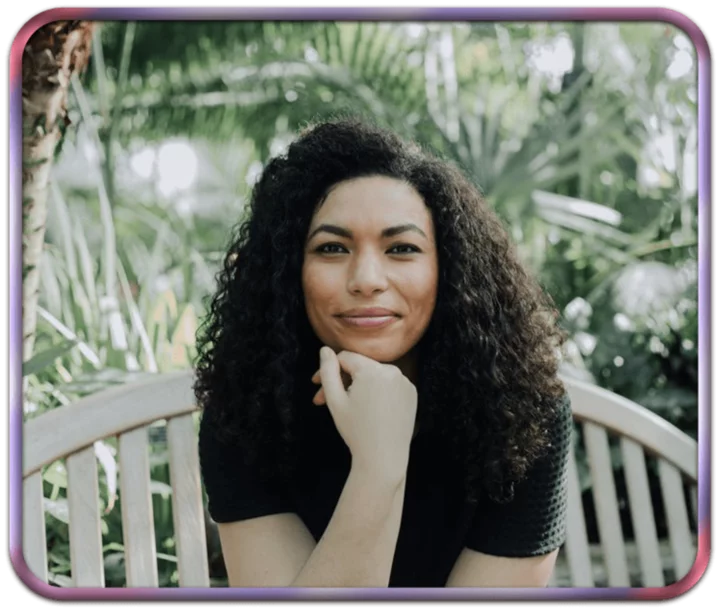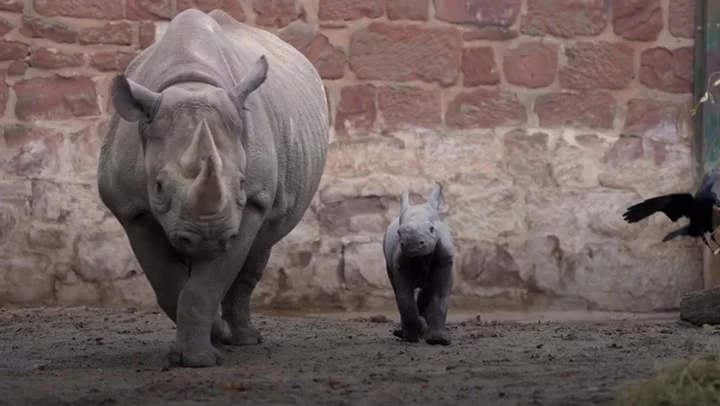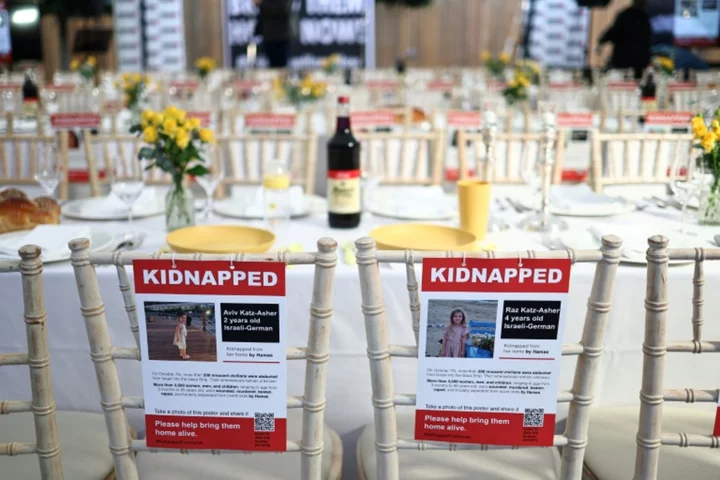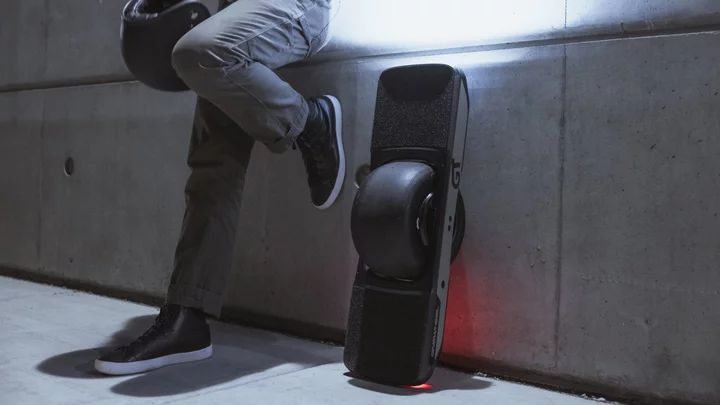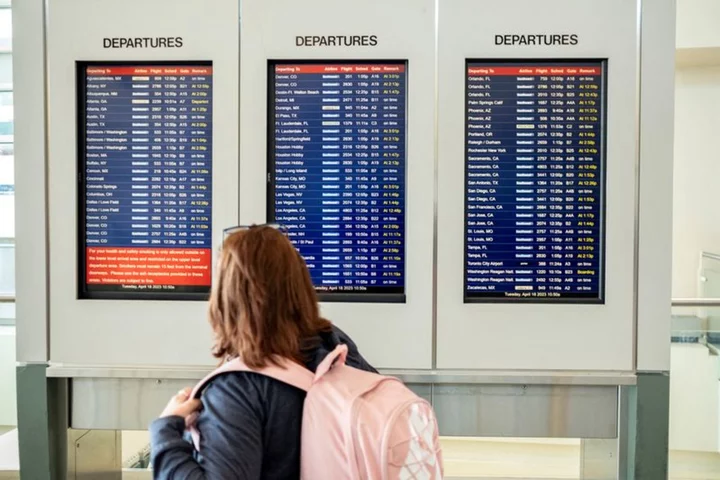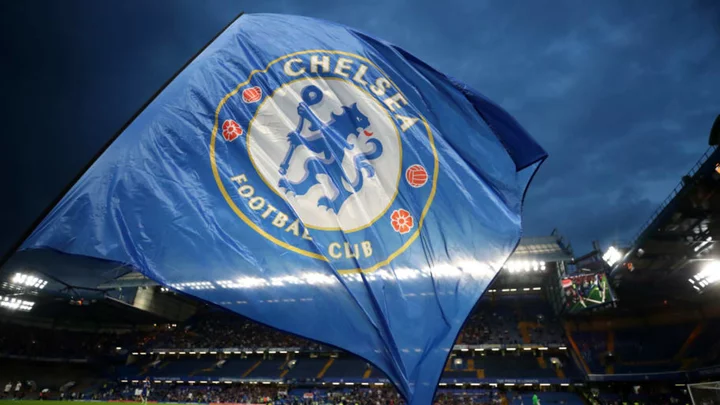Thanks for reading Can We Talk?, a sex and relationships column that aims to tackle the burning questions about sex, dating, relationships, and breakups that you’re too afraid to ask your partner — or maybe even your besties.
Last time, relationship therapist Moraya Seeger DeGeare, LMFT, we heard from a reader who fantasizes about people other than their partner during sex and wasn’t so sure if they should feel guilty about it or not. Today, we hear from someone who feels like she’s losing her queer identity in her heterosexual relationship.
Do you have a dilemma or question you’d like to see answered as part of a future Can We Talk? Submit it here.
DashDividers_1_500x100Dear Moraya,
I’m a bisexual woman dating a heterosexual man. We’ve been dating for three years and live together. Although moving in together wasn’t easy at first, we’ve found our groove and have worked through the typical issues (cleaning, finances, etc) to a point where I feel really comfortable and pleased at where we are in our relationship. But I feel like this other part of me is slipping away — the non-heterosexual part.
My partner has always known I’m bisexual and has no issues with it. I feel like this part of me is accepted but not encouraged through engaging in things that are important to me, like queer culture. For example, every time I even ask him to watch a film with me that has a non-heteronormative storyline, he pushes it off. He’s also mentioned that he views women as less of a threat than men in our relationship. I used to dress differently (more stereotypically queer) and felt like I was an active part of that community.
I think that I’m beginning to lose such a core part of myself, and I don’t know how to get it back. I don’t know if the change has to come from me or my partner, and it’s making me question our whole relationship. I’ve never actually dated women before, only men, and wonder if this is me trying to say I want a relationship with a woman or just that I want to bring back this part of myself. I feel bad asking him to be more a part of this side of me because “this” is about me being attracted to other people. Should I be working on myself or asking him to take a more active role in this?
From,
Queer Enough
DashDividers_1_500x100Dear Queer Enough,
Can we talk about how it feels like your bisexual identity has been reduced to a potential threat to your current relationship rather than being celebrated as an integral part of who you are and how you speak, thrive, and live? Your queerness encompasses more than just your current sexual partners — it’s a pivotal part of how you connect with the world and how the world connects with you. Your partner’s rejection of your attempts to connect with them on this core aspect of your identity speaks volumes, and it goes beyond something as trivial as disliking the movies you choose. This lack of acknowledgement given to your queerness in the relationship may be why you feel like a part of yourself has been lost. The current state of this relationship sounds like it’s suffocating your queerness.
Bisexuality is what you have, and visible queerness is what you are longing for. A big part of love and intimacy is being clear with our partners and ourselves about what we want, and giving each other space to respond to that desire and grow in these moments. From your partner’s perspective, connection and belonging in the queer community is about who you’re dating, but what’s missing from that perspective is an entire culture from which you may feel cut off from. It’s understandable to feel isolated and lonely right now — you feel like you’re missing a part of yourself that you found and the community that celebrated it. When our partners truly accept and celebrate us for the whole being we are, with different thoughts and desires, they do not cut us off from healthy connections in the world.
As relationships develop and people start families, typical behavior changes such as no longer going out late or drinking into the early hours of the morning often change. But disconnection from your community is not a typical behavior change in a sustainable relationship.
I recently had a call with Shani Tran, a licensed professional counselor and author of Dope Therapy, who is beautifully open about her queer identity on social media and is married to a man. She shared that when she was thinking about coming out to a bigger audience and wondering what the point was, she reminded herself that, “My relationship does not define me because I am a person outside of that.” I think that is a core reminder you need to hear to allow yourself to get back to your center.
When we hide parts of ourselves, it can be because we don’t feel safe enough to share them. It sounds like this loss of community might have been for your partner’s comfort and the security of the relationship. There are two things to dive into here: If you reconnect with this community, what fear does it bring up for you? Perhaps you now have to sit in the discomfort that maybe your partner is not the ally you hoped they’d be, which may block you from feeling safe to embrace parts of your queerness.
Although you already have been out for sometime, a part of you has been shoved back down, and it’s clear that a conversation needs to be had with your partner. But sharing, “I lost a part of myself with you,” can open up a hole that you two will fall into and struggle to climb out of. Rather than get sucked into that vacuum, let’s organize this a bit. While you’re not coming out fresh to your partner — this is something they knew prior to the relationship — you two need to get on the same page. What does support and allyship look like in action from your boyfriend? Write down an honest list.
Next: What queer community have you disconnected with that you miss? Is it a particular person you stopped having coffee with, events you stopped going to, or even classes you stopped taking? What do you want to reconnect with? Make another list of things that are really solid and tangible that you feel you’re missing out on.
Lastly, as you look at these two lists, I want you to make a third. What is your hope for the future? Do you want to express yourself differently in how you dress and move in the world? Does your identity inside match your identity outside? It can be anything from your clothing, haircut, makeup, or how you move your body. Are you an artist and realize you have other ways to express yourself creatively that have suffered too? List out all the things you are yearning for, old and new.
In that, let’s address this bigger question: Do you want to try dating other people and within this find yourself, and explore that? I intentionally listed this part last, not because it’s not important, but because it’s often the main driver for these conversations for couples. Normal emotions for your partner to feel if this is the case would be abandonment, fear, and rejection, so emphasizing that this is about parts of you that you are missing and that it’s bigger than sex is important. It sets you up for a more open conversation.
After doing these exercises, I want you to think of your everyday life. What small changes do you want to start today to get back to your queerness? It’s okay to not always feel confident as you are finding your self-expression, but it’s important to know what is comforting as you do. Is it texting a friend? Is it wearing a certain outfit or watching a queer movie with your boyfriend?
Once you sort these out for yourself, open up these conversations with your boyfriend and ask for what you want. Be clear with your partner what allyship is, how it can be shown in action, and how they can show up for you. Perhaps your boyfriend has some deep fears about not being everything you want and need, and blocking queer culture is less in hate and more in fear of the unknown. He sees it as safeguarding the relationship, but it’s causing the exact harm that is pushing you away. He needs to know how you feel — this is not a secret you need to keep, and it’s not doing any good keeping it to yourself.
If you feel this cannot be resolved, ask yourself if this relationship has served its purpose. We can’t make ourselves small for the sake of staying in a relationship. This is different from compromise or becoming more flexible: Denying a deep core part of yourself for the comfort of your partner is painful, and these talks with yourself and your partner are vital for both your health, wellbeing, and self worth. Perhaps the relationship will thrive as you find your new path forward, or perhaps you both will arrive at a new honest place that comes with some truthful conversations. Either way, the part of you that you lost, I hope you find it, celebrate it, love it, and feel connected to the community that will welcome you back with open arms.
DashDividers_1_500x100DeGeare is a licensed marriage and family therapist, who specializes in intimacy, LGBTQIA+ relationships, mixed-culture couples, and racial identity development. The advice in this column is to point you in a direction that encourages healing and creates safety for you in this world. It is not to replace the relationship with a licensed mental health professional who knows your personal history.

